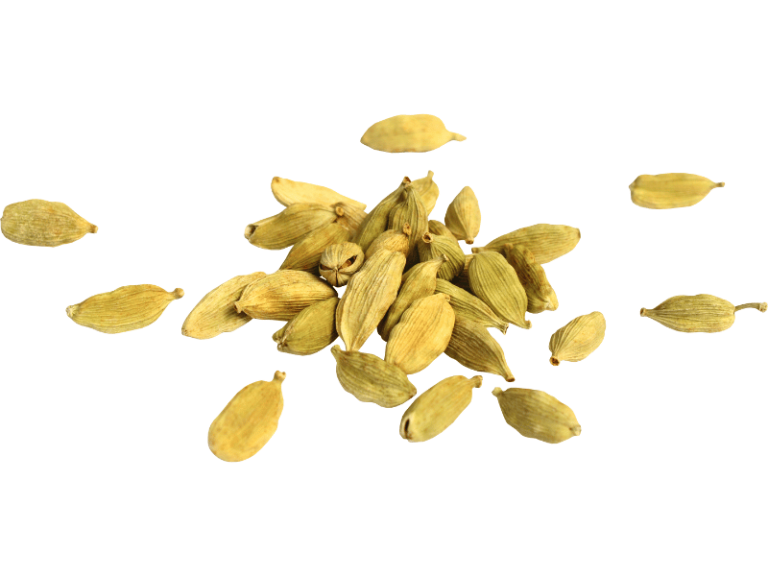“Spring sowing yields a grain of millet, autumn harvests ten thousand seeds.” Spring is the season for sowing seeds, a crucial time in rural areas where people are busy selecting and planting seeds. Spring sowing is a very important agricultural task.
During seed selection, people always choose seeds that are plump and full for planting in the fields.
Why is this done?
Actually, each seed is composed of roughly three parts: the seed coat, the embryo, and the endosperm. The seed coat’s “job” is to protect the seed from damage. The embryo is the “life root” of the seed, from which the seedling develops. The endosperm serves as the “warehouse” of nutrients, and the seedling relies on nutrients from the endosperm to grow gradually.
Some seeds, like those of beans, cucumbers, pumpkins, sunflowers, and other dicotyledonous plants, do not have endosperm. Their nutrients are stored in the “cotyledons” — the first pair of thick and large leaves that emerge from the soil after germination.
During the development of the seedling, the nutrients in the seed’s “warehouse” are gradually depleted. Therefore, after wheat or rice germinates, the endosperm gradually shrinks and eventually withers away. The cotyledons of beans and pumpkins also shrink and wither slowly. When the nutrients in the endosperm or cotyledons are nearly exhausted, the seedling has grown enough to extend its roots into the soil. Just like a baby weaned from its mother, it can then independently absorb nutrients from the soil and continue to grow and develop.
In seeds, the weight of the endosperm or cotyledons often accounts for more than 95%. When we eat rice or soybeans in our daily lives, we are actually consuming the endosperm (rice grains) or cotyledons (soybean flakes).
When people select seeds, they choose those that are large and full primarily because their endosperm or cotyledons are well-developed, containing a rich nutrient “warehouse” that supports vigorous seedling growth. Additionally, these large and full seeds usually have well-developed embryos, which can inherit excellent traits from the parent plant and produce large and full fruits in the future.
As the saying goes, “A strong mother gives birth to a fat child; good seeds yield strong seedlings.” This proverb holds true wisdom.

